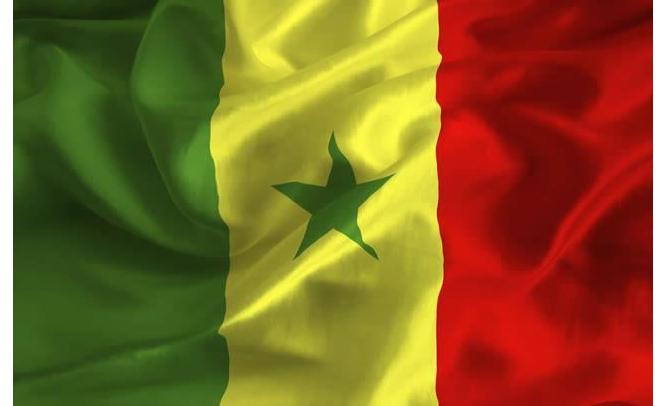Senegal’s attraction to banks rests on its macroeconomic and political stability.
Senegal as the West African Hub for Islamic Finance
Senegal’s banking system is one of Africa’s most competitive. Yet, there is still lot of scope for it to expand and improve due its steady economic growth and a large unbanked population. If this rise is managed carefully Senegal will quickly become one of the main banking countries in West Africa. The French speaking, West African country, where majority of the population is muslim, is trying to position itself as a centre for Islamic Finance in West Africa. Senegal, is adjusting its policies to be able to sell debt that complies with Shariah laws. South Africa and Nigeria are the other two nations which are looking to Islamic Finance to raise money for the development and have rules to sell the debt. In the eight nation West African currency union, Senegal has achieved political stability after its President was elected last year and there is a need to finance everything that need to boost its economy from energy, infrastructure and agriculture . Mouhamadou Lamine Mbacke, managing director of the African institute of Islamic Finance opines “ Since we have relative political stability, we want investors to invest in Senegal then use Senegal as a platform to invest in West Africa. This West African country has a $ 14 billion dollar economy and making waves in the global market for Islam compliant financing which is set to double to $ 3 trillion by 2015. With the African economy booming and with a new era of political governance beginning, Senegal offers a prospective market for Islamic finance, due its large Muslim population. In the neighbouring South Africa and Nigeria the population is split roughly between Christianity and Islam, and offers lesser scope for the expansion of Islamic Financing. The market for bonds complying with the Islam’s ban on interest is increasing as borrowing costs continues to plunder. Senegal, is the second biggest economy after Ivory Coast, and the growth has accelerated to 4.3 % in 2013 from 3.7 % in 2012, according to International Monetary Fund (IMF).
Political Stability
Senegal elected a new President in 2012. The new government proposes to sell sukuk to boost investment from Persia, Gulf and other countries. Large financial institutions from the Gulf are targeting Africa and Senegal’s political stability and economic boom which will give them enough opportunities for investment. Senegal, has begun steps in this regard by supporting the African Institute of Islamic Finance (AFIA), which organized the 3rd international forum on Islamic finance in Dakar held on March 3rd and 4th this year. With a stable government and ideal socio- economic context for creating the optimal conditions for the Islamic finance industry, the government has already completed the legal and regulatory framework for the promotion of Islamic finance and the possible issuance of sukuk bond on the sovereign bond market. The Islamic Finance Advisory and Assurance Services (IFAAS) with support from local taxation and legal experts, undertook a comprehensive review of the region’s financial sector and the regulations pertaining to banking, insurance, microfinance, securities and capital markets industries. Senegalese tax laws were also reviewed to identify the barriers for introducing Islamic finance in the country. Mrs. Oulimata Diop, director of money and credit directorate of the ministry of economy and finance in Senegal has thanked IFAAS for implementing the changes and paving the way for new laws which becomes easier for Senegal to introduce Islamic Finance in their country. In her words “The integration of Islamic finance into the regional finance system is very much possible with the current legislation”.
In the General policy statement issued by the prime minister, he openly declared the government’s willingness to explore the full potential of this innovative financial method, particularly for agriculture, infrastructure and microfinance. Due to its predominantly large Muslim population this concept has huge popularity and demand. Africa is moving its economic attention away from the West to the Middle East Asia as a primary source of capital raising. This shift from its alignment is mainly due to the introduction of sukuk, across the dark continent in the year 2012. Although many developing Islamic nations have not show interest to Islamic financing because of the religion’s ban on interest, which limits access to funds only for business growth and project financing.

